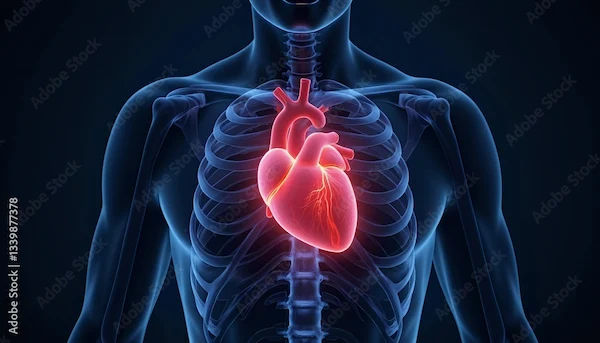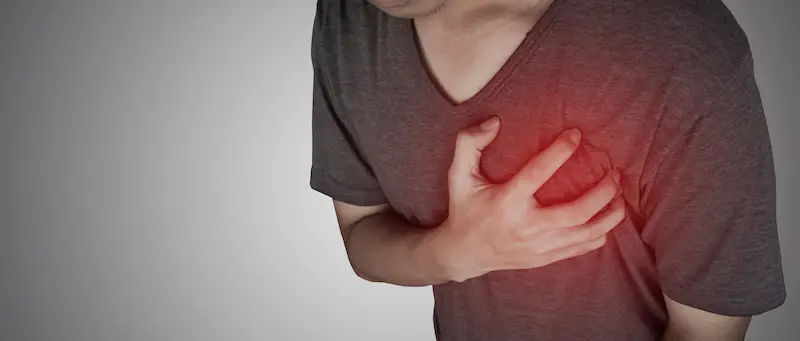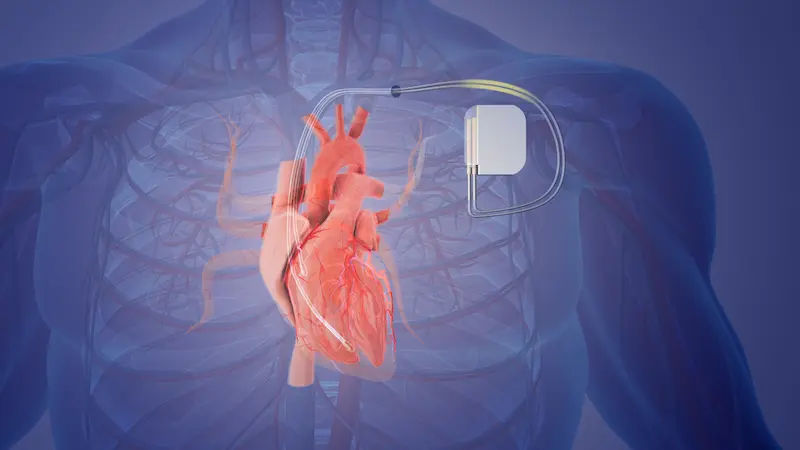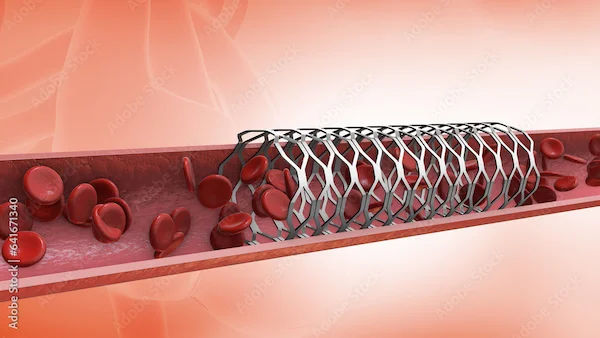- Male
- 39 Years
- 29/01/2025
I'm a bit concerned about the price of my uncle's medication. He's been using Stamlo T to control his BP, but it costs INR 100 per strip, which seems quite steep. I found another medicine, OZOTELAM, that reportedly has the same composition and only costs INR 20 per strip. Why is there such a big price difference between these meds if they have the same ingredients? Also, would it be safe for my uncle to switch to OZOTELAM since it's more affordable, and is the composition truly identical, or am I missing something? Looking forward to your advice.
Answered by 1 Apollo Doctors
Symptoms and Possible Causes*
- Heaviness in the right cheek: Possible causes include:
- Dental issues (e.g., toothache, abscess)
- Sinus pressure or infection
- Facial nerve issues (e.g., trigeminal neuralgia)
- Temporomandibular joint (TMJ) disorders
- Neck pain: Possible causes include:
- Muscle strain or tension
- Poor posture
- Herniated disk or spinal issues
- Stress or anxiety
- Headaches: Possible causes include:
- Tension headaches
- Migraines
- Sinus headaches
- Cervicogenic headaches (related to neck issues)
- Palpitations on the lips: Possible causes include:
- Anxiety or stress
- Nerve issues (e.g., trigeminal neuralgia)
- Vasovagal syncope (a condition that affects blood flow)
Recommendations
- Consult a primary care physician: Start by consulting your primary care physician to discuss your symptoms and determine the best course of action.
- Specialist referral: Based on your symptoms, your primary care physician may refer you to a specialist, such as:
- Dentist or oral surgeon (for dental issues)
- ENT specialist (for sinus or ear issues)
- Neurologist (for nerve-related issues)
- Orthopedic specialist or physical therapist (for neck or spinal issues)
- Diagnostic tests: Your healthcare provider may order diagnostic tests, such as:
- Imaging studies (e.g., X-rays, CT scans, MRI)
- Blood tests
- Nerve conduction studies
- Lifestyle modifications: In the meantime, consider:
- Practicing stress-reducing techniques (e.g., meditation, deep breathing)
- Maintaining good posture
- Engaging in regular exercise
- Avoiding triggers that exacerbate your symptoms
Dr. Ranjith Suggests...
Consult a Cardiologist
Answered 04/07/2025
0
0

More Cardiology Health Queries
View allMy mom has severe aortic stenosis and the doctor suggested valve replacement surgery. We're unsure whether to go for open heart surgery or TAVR. Since we lost my dad to COVID and she's a homemaker, cost is a big concern. What would be the best option for her?
CTVS opinion advise.
Answered by 1 Apollo Doctors
I'm really worried because my cholesterol numbers have recently changed quite a bit. In July 2019, my LDL was 175 and HDL was 45, so my doctor put me on Atormac 10 mg. After taking it for three months, by October 2019, my LDL went down to 100, but my HDL also dropped to 32. My doctor said not to worry, but I'm concerned about my HDL levels dropping so quickly. What should I do about this?
Regarding your decreased HDL levels in just three months, it is important to focus on lifestyle changes to improve your HDL levels. You can start by incorporating regular physical activity, such as aerobic exercise, into your routine. Additionally, you can include healthy fats in your diet, such as those found in avocados, nuts, and olive oil. Omega-3 fatty acids, found in fatty fish like salmon, can also help raise HDL levels. In terms of medication, you can continue taking Atormac 10 mg as prescribed by your doctor to help lower your LDL levels. However, if you are concerned about your HDL levels, you may want to discuss with your doctor the possibility of switching to a different medication that can help improve HDL levels, such as fenofibrate. Remember to follow a healthy lifestyle, including a balanced diet and regular exercise, to help improve your HDL levels along with medication
Answered by 1 Apollo Doctors
I'm really worried about some symptoms I've been having lately. For the past week, I've had this pain in my left arm, shoulder, and back, along with trouble breathing. It just keeps coming and going. I've always had lower blood pressure, and now I'm also experiencing chest pain on my left side. Plus, if I try to take a deep breath, my whole back hurts. Could this be something serious?
take tablet zerodol and tablet pantoprazole
Answered by 1 Apollo Doctors
Disclaimer: Answers on Apollo 247 are not intended to replace your doctor advice. Always seek help of a professional doctor in case of an medical emergency or ailment.





